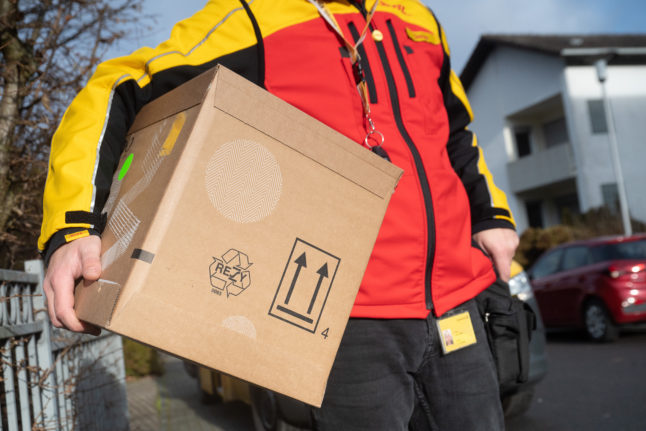The annual assessment, published last week by the Universal Postal Union, analysed the services of 172 countries in 2022 and ranked them according to reliability, reach, relevance and resilience, which looks at how well postal services can weather crises such as the Covid-19 pandemic and economic downturns.
Switzerland maintained its top spot for the sixth year in a row with a perfect score of 100, while Austria received 96.7 and Germany 95.7.
The lowest-ranked postal service in the world is in Guatemala, followed by the Central African Republic. As a whole, countries around the world scored an average of 31.8 points, up from 1.8 the previous year.
READ ALSO: Everything you need to know about sending mail in Germany
The DACH countries were all in the very top tier, or PDL 10, a spot shared only by France and Japan.
“Countries that attain a ranking in PDL 10 are indisputably in the vanguard of postal excellence, offering what can be considered the world’s pinnacle of postal services,” stated the report.
Germany’s high score comes as its postal service debates raising costs amid a lower number of people sending snail mail through post – a trend that the UPU has noted around the world.
The number of letters sent via post has slipped dramatically in recent years. Back in 2017, more than 18.5 million letters were sent within Germany. By 2022, this had fallen to just 14.1 million.
As part of its plans to reform the postal system, Deutsche Post has been clamouring for a two-tier postal delivery system.
This would mean that, instead of being delivered within a day or two, the majority of letters would take up to three days to arrive at their destination as standard.
Anyone requiring quicker delivery would have to opt for ‘Prio’ or priority post, the company said, adding that this service would cost a small amount extra.
Currently, Deutsche Post is Germany’s only universal postal operator, meaning it delivers mail in all regions of the country. As such, it is legally obliged to deliver 80 percent of its letters within a single day.
READ ALSO: How Deutsche Post wants to create a ‘two-tier’ system for mail in Germany



 Please whitelist us to continue reading.
Please whitelist us to continue reading.
Member comments